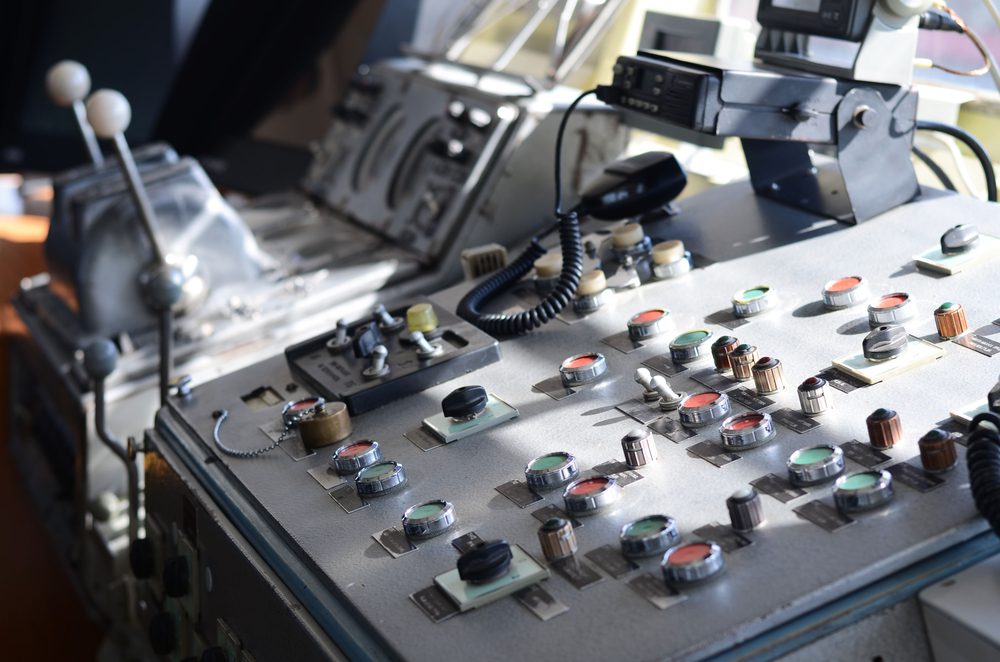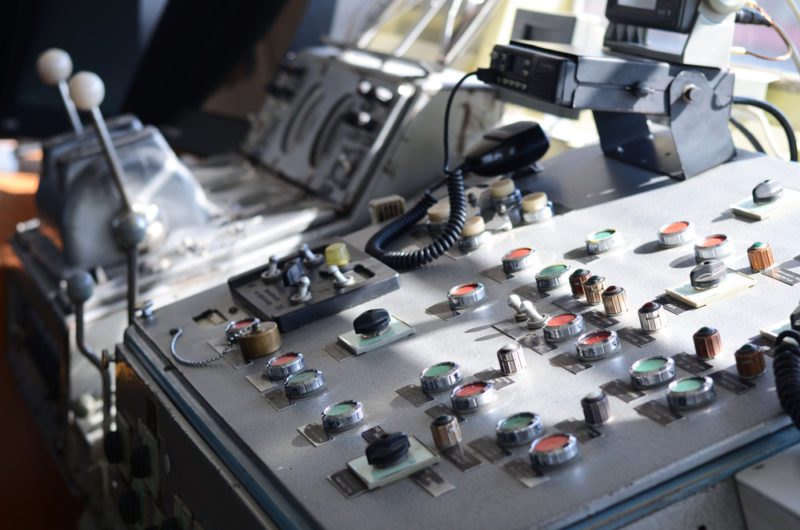Advice For A Young Watch Officer
By John Konrad (gCaptain) A new ship can be an intimidating place for a deck officer so here are a few tips to get you started and to remind you...

Updated: February 21, 2020 (Originally published February 19, 2020)

By Captain George Livingstone – There has been a lot of work in the last few decades directed toward accident prevention in marine transportation. We know most accidents are caused by human error, importantly, a series of errors. The much talked about error chain comes to mind, and eliminating single person errors. The theory is that reducing single person errors will reduce accidents overall.
So how is it working? Long term accident studies indicate there has been a reduction in high frequency, low consequence accidents, the low hanging fruit so to speak. Credit is well deserved there.
What about low frequency, high consequence accidents? Not good results, and therein lies a problem. How do we go about preventing something that has very significant consequences but rarely occurs? Aviation struggled with the same problem for decades, what did they do?
OODA Loop
Two years ago, John Konrad introduced my brother, Grant Livingstone, and me to some works that a Col John Boyd (USAF) had completed in the late 1960’s. Col Boyd, a decorated combat flyer in three wars, developed a theory he identified as the OODA Loop, explained in a piece published by John Konrad, Grant Livingstone and John Merrigan in October of last year in gCaptain. All of us were very interested by Col Boyd’s theory, as it seemed to hit the mark regarding problems in modern-day marine transportation accident prevention.
US Military Fighter Doctrine
Col Boyd felt that US military fighter pilots in Korea and later Vietnam had lost critical combat skills. As early jet technology advanced and became very complicated, pilots became more ‘check box’ flyers resulting in the erosion of critical thinking. Col Boyd felt this was proven by the serious losses in actual combat. After much research and self-searching, Col Boyd came up with the OODA Loop theory, the idea of continuous observation, orientation, decision and action (observe-orient-decide-act) when in combat. He emphasized that the loop is actually a set of interacting thoughts that should be kept in continuous operation while engaged in combat (or any other critical operation, including ship movement). Anyone that can process this cycle quickly, observing and reacting to unfolding events more rapidly will win the outcome of events. This neatly folds into marine transportation operations, especially when things are beginning to unravel.
With the best intentions, is modern day marine transportation facing the same dilemma as U.S. military fighter doctrine faced in the late 50’s and 60’s? Have we drifted off course?
IMO
The International Maritime Organization (IMO) is responsible for developing and maintaining a comprehensive regulatory framework for shipping including safety, environment, legal matters, technical cooperation, maritime security and efficiency of shipping. There are over 60 IMO legal instruments guiding regulatory development to improve safety at sea. Some of the more well-known:
The IMO enacted Port State Control (PSC) Authority to allow domestic maritime authorities such as coast guards to inspect foreign shipping at the ports of many port states.
Saturation
The working professional mariner may have reached a point of saturation over the myriad of maritime regulations, statutes and codes meant to improve safety at sea. The average master, chief engineer and senior shipboard staff are being forced to address constant inspections and check lists through Port State Control to the detriment of the safe evolution of the vessel. Even the likes of Bridge Resource Management (BRM) training becomes just another box to check rather than a critical learning event. Are officers so over saturated that they have lost focus on the primary metric, the safe movement of the vessel and its cargo?
Check List Culture
And therein may lie the crux of the matter, has the effort toward accident prevention in marine transportation created a check list culture? What if we all got off track? Has the well-intended focus through ISO/ISM in preventing accidents led us to a place of putting critical thinking at risk? It is one thing to discuss theory and diligently follow check lists, and quite another to successfully manage developing crisis situations in real time. Have we become more about documenting than operational excellence?
Continuous Loops and Recurring Cycles
Col Boyd felt that the OODA Loop theory served to explain the nature of surprise and shaping operations in a way that unifies Gestalt psychology and cognitive science in a comprehensive way. In other words, he believed that using a continuous loop, in a recurring cycle by all involved will create a winning situation.
One of the critical points raised is that all involved in an evolution should be using the OODA Loop, specifically trained to use critical, out-of-the-box thinking skills, in a continuous and recurring cycle. On ships that means everyone, not just the captain and pilot, including tugs, all in the game, all aware, and not afraid to ask questions. The fact is, it may be a dereliction to remain silent, there is too much at stake.
Has the effort generated toward preventing one person error morphed into all person errors?
Captain George Livingstone is a San Francisco Bar Pilot, co-author of ‘Tug Use Offshore’, contributing author of ‘IMPA On Pilotage’ and a regular contributor to gCaptain.

Sign up for gCaptain’s newsletter and never miss an update

Subscribe to gCaptain Daily and stay informed with the latest global maritime and offshore news
Essential news coupled with the finest maritime content sourced from across the globe.
Sign Up